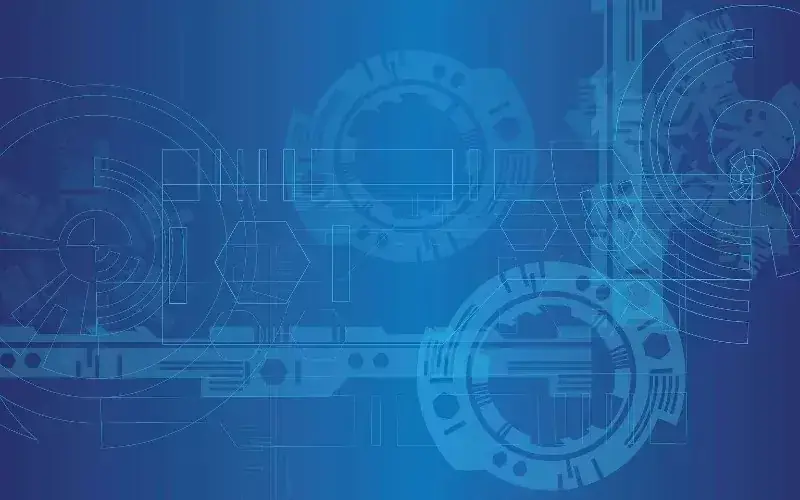The much-anticipated trial between Uber and Waymo commences today, shining a light on allegations of intellectual property theft.
The dispute centres on whether Uber misappropriated trade secrets from Waymo, a question that has gripped the tech industry for over a year.
The Genesis of the Feud
The courtroom clash between Uber and Waymo thrusts into the spotlight an acrimonious dispute that has been simmering for over a year. The bone of contention is the alleged theft of eight trade secrets pertinent to Waymo’s self-driving technology by Uber. At the heart of this dispute lies the sophisticated ‘Lidar’ sensor technology, which is crucial for autonomous vehicles.
Waymo, the autonomous vehicle arm of Google, accuses Uber of unlawfully acquiring these trade secrets through Anthony Levandowski, a former Google engineer. Levandowski departed from Google’s self-driving project to found Otto, an autonomous truck company swiftly acquired by Uber. This sequence of events led to allegations that Uber masterminded the acquisition to harvest Waymo’s technological innovations.
The Role of Anthony Levandowski
Anthony Levandowski stands as a pivotal figure in this trial. Accusations against him include downloading Lidar designs before departing Google and subsequently utilizing this knowledge in his role at Uber. Despite the legal risks, Uber proceeded with acquiring Otto.
Uber’s decision has drawn scrutiny, particularly since a law firm, hired for due diligence, discovered Levandowski possessed numerous Google documents. Although Levandowski claimed to have destroyed these documents, Uber maintains they were never used. Uber also disputes whether Levandowski’s expertise can be classified as a trade secret.
Legal Perspectives
Judge William Alsup, presiding over the case, has endeavoured to steer the trial’s focus to intellectual property rights rather than moral judgments about corporate behaviour.
Alsup has highlighted the trial’s core issue: did Uber unlawfully appropriate Waymo’s trade secrets? He warned that Waymo’s extensive pursuit of tangential matters might suggest an inability to substantiate a robust case. Instead of procedural fairness, there appears to be an attempt to sway the jury with adverse impressions of Uber.
Pre-trial Insights
In a pre-trial hearing last November, Judge Alsup’s remarks underscored the complexity of employment and intellectual property transitions. He metaphorically questioned whether an engineer is expected to undergo a ‘frontal lobotomy’ before transitioning between companies.
Alsup’s analogy extends to proprietary knowledge, likening it to a secret formula that must be forgotten before any new employment. This presents significant implications for the binary boundaries of intellectual property and the retention of expertise.
Financial Implications
Both Uber and Waymo have seen substantial financial outlays related to this legal battle. Judge Alsup estimated the combined legal expenses exceed $300 million. This astronomical figure reflects the high stakes involved and the immense resources both tech giants are willing to expend.
The financial strain on both companies prompts a broader reflection on the costs of protecting intellectual property in the tech industry. Levandowski, not a defendant, is anticipated to testify despite his previous termination from Uber for non-cooperation with their legal team.
The Path Forward
As the trial unfolds, the industry keenly watches the developments. This case could set a precedent regarding the safeguarding of intellectual property in rapidly evolving tech sectors like autonomous vehicles.
The outcome may influence future litigation concerning proprietary technology and employee transitions. The verdict could also reshape the strategies companies deploy to protect their innovations and deter potential intellectual property theft.
Conclusion
The Uber-Waymo trial encapsulates broader themes of intellectual property protection and corporate ethics. The court’s decision will likely have far-reaching implications not only for the companies involved but also for the tech industry at large.
As the trial progresses, the resolution of these allegations will serve as a critical marker for future technological and legal landscapes.
The outcome will undoubtedly shape the strategies of companies in protecting their proprietary technologies.

